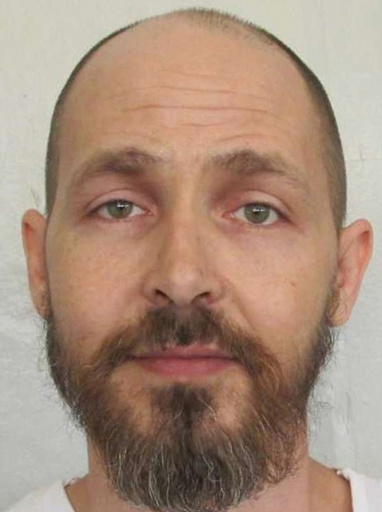Alabama’s governor, Kay Ivey, has scheduled an execution date for Carey Dale Grayson, making it the nation’s third nitrogen gas execution. Grayson was convicted in the 1994 killing of 37-year-old Vickie Deblieux in Jefferson County along with three other teenagers. The Alabama Supreme Court ruled last week that Grayson’s execution could proceed on Nov. 21.
This upcoming execution follows the execution of Kenneth Smith in January, the first nitrogen gas execution in the nation. Alan Eugene Miller is set for a nitrogen gas execution on Sept. 26 after reaching a settlement with the state over the method. Despite controversy and differing opinions on the use of nitrogen gas for executions, Alabama is moving forward with these executions.
During Smith’s execution, there was unrest as he shook for several minutes on the gurney. Alabama’s Attorney General described it as successful, but inmate’s lawyers criticized it for causing prolonged suffering. Grayson, facing a similar fate, is challenging the constitutionality of Alabama’s nitrogen protocol, claiming it causes excessive pain and comparing it to “conscious suffocation.”
Grayson and two others, Kenny Loggins and Trace Duncan, were all convicted and sentenced to death for the brutal killing of Deblieux. However, Loggins and Duncan had their sentences set aside due to being minors at the time of the crime, following a U.S. Supreme Court ruling banning the execution of offenders who were under 18 when the crime was committed. Grayson, who was 19 at the time, did not receive the same reprieve.
As the state of Alabama proceeds with nitrogen gas executions, concerns over the method’s humanity and constitutionality continue to be debated, with Grayson’s upcoming execution raising further questions and legal challenges.


